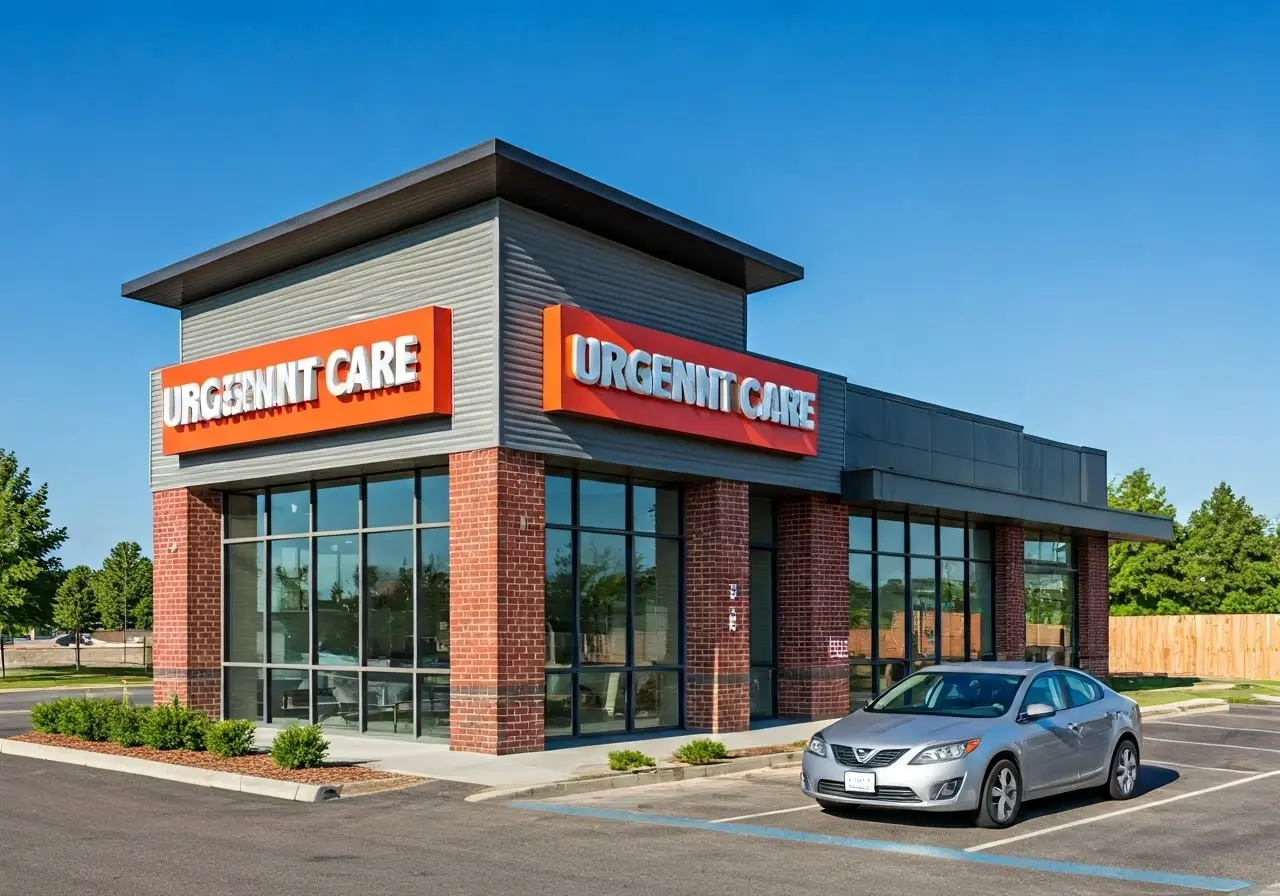In today’s fast-paced world, people are constantly looking for efficient and easily accessible solutions for all their needs—including healthcare. Enter urgent care facilities, which are changing the way we approach medical treatment by providing convenient and expedient services without the long waits associated with traditional healthcare settings.
1. Quick Access to Medical Care
One of the most significant advantages of urgent care is the swift availability of medical services. Patients can walk in without an appointment and receive the care they need almost immediately, which is a crucial benefit for those dealing with non-life-threatening conditions that require prompt attention. This immediate response time is indicative of a shift in healthcare expectations, where speed and efficiency are becoming paramount. The trend towards quick and accessible medical care reflects today’s fast-paced lifestyle, and urgent care centers embody this approach by offering treatment without the prolonged wait times often experienced in more traditional settings.
The rise of urgent care centers also correlates with a decline in the number of primary care physicians in the United States over the next decade. This gap may potentially elevate the role of urgent care facilities as a front-line healthcare provider. These centers are typically staffed with highly-skilled, certified physicians capable of handling a wide range of medical issues, thereby providing a comprehensive alternative to conventional healthcare services. As these centers continue to expand, they are not only bridging the gap left by the shortage of primary care physicians but also catering to the growing demand for immediate healthcare services.
2. Extended Operating Hours
Unlike traditional medical offices, urgent care centers often offer extended hours, including evenings and weekends. This makes it easier for individuals to seek medical help at a time that suits their busy schedules, reducing the stress of fitting health appointments into tight calendars. Notably, this flexibility ensures that care is available at times when other medical facilities might be closed, which is especially beneficial for people with unconventional work hours or family commitments that make regular appointments challenging. As a result, urgent care facilities are becoming a preferred choice for many who need healthcare services outside of regular business hours.
This is particularly important for families and working individuals who may find it difficult to take time off during the workweek to attend to health concerns. By providing accessible medical care beyond traditional hours, urgent care clinics are transforming the way families manage their healthcare needs. The extended hours alleviate the stress associated with finding time for doctor visits, enabling people to address their health without sacrificing other important aspects of their lives. As a result, more people are likely to prioritize their health, knowing that quality medical care is accessible when they need it most.
3. Cost-Effective Healthcare Solution
Urgent care facilities typically provide services at a lower cost compared to emergency rooms, making healthcare more affordable and accessible. This is particularly beneficial for individuals without health insurance who might otherwise avoid seeking necessary medical attention due to high costs. The affordability of these centers is instrumental in promoting greater health equity, ensuring that more individuals can access necessary medical treatments without the financial strain often associated with healthcare services. As urgent care centers continue to grow, their competitive pricing models are setting a new standard in the medical industry, offering a financially viable alternative to traditional emergency rooms.
The cost-effectiveness isn’t the only financial benefit; urgent care centers can help reduce overall healthcare expenses. By managing non-emergent issues that might otherwise escalate into more severe health problems, these clinics play a crucial role in controlling long-term healthcare costs for individuals and healthcare systems alike. This value proposition is particularly compelling in a healthcare landscape where rising costs are a persistent concern, thus positioning urgent care as a sensible option for both routine and unexpected medical needs.
Need care today?
CityHealth serves Oakland (Montclair Village) and San Leandro — same-day visits, no appointment required. Book online or walk in. Find a location near you → See all urgent care services.





